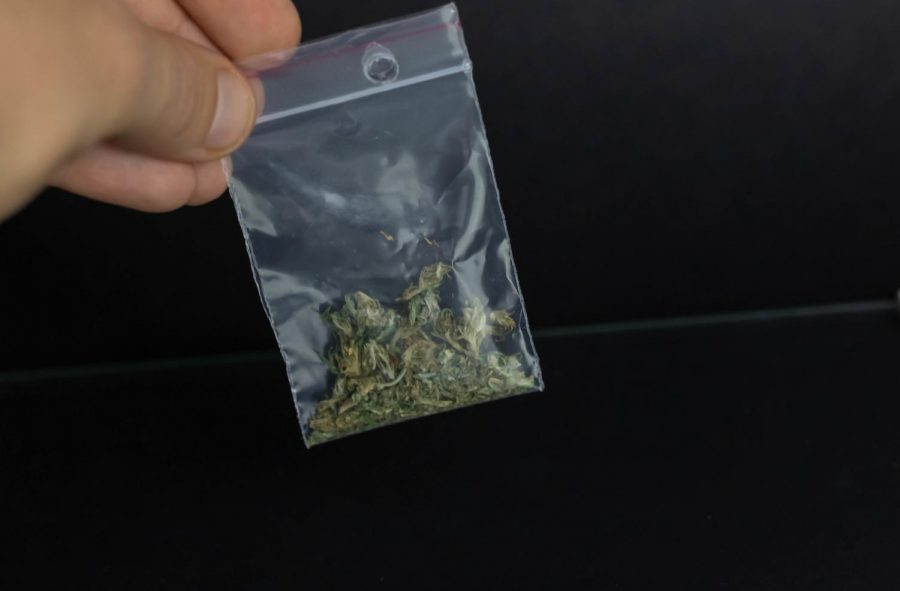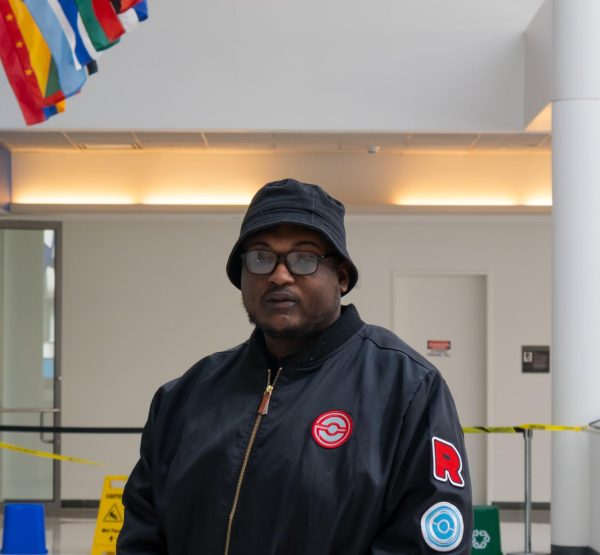New York’s legalization of marijuana, although not perfect, is a good start
April 15, 2021
New York led a 50-year battle in legalizing marijuana and, thanks to the combined efforts of New York Democrats and New York State Gov. Andrew Cuomo, the Marijuana Regulation and Taxation Act has been passed.
However, the legalization of marijuana is an imperfect step toward drug reform in the nation.
In March, New York joined 24 other states in legalizing marijuana, either in its entirety or on a partial level. Now, New York adults 21 and older can carry up to three ounces with no chance of penalty, however sales will not begin immediately.
New York State Sen. Liz Krueger said it will be at least 18 months before New Yorkers can go out and buy cannabis products.
The legalization of marijuana can lead to potential money-making moves for New York. According to a 2021 Marijuana Policy Group Consulting report, the total marijuana market size in New York will be estimated to be $4.6 billion by 2023.
A positive factor in the new legislation is that it sets up a complex legal and regulatory program in which New York will be able to determine key issues including where marijuana retailers can set up future shops and who are eligible to produce, distribute and sell cannabis products.
The wait to enjoy the economic benefits of profiting off cannabis in New York is an unfortunate yet understandable side effect to the program, which is set to begin in 2022.
Waiting two years until sales in New York can begin is a smart and safe move for New Yorkers. It allows lawmakers and health institutions to work together on creating safe regulations that protect communities and distributors.
Opponents of legalizing recreational marijuana often fear that usage of the drug will increase among teenagers.
However, according to a survey conducted by the Washington University School of Medicine, marijuana use rates by young people are decreasing and the number of adults using marijuana is increasing, even while more states legalizing or decriminalizing marijuana use.
Decriminalizing marijuana usage could save minority neighborhoods.
According to an analysis of New York Police Department data by The Legal Aid Society, people of color made up for more than 94% of marijuana violations and arrests in 2020.
New York State Assemblywoman Crystal Peoples-Stokes, who has advocated for legalized marijuana for years, told NPR that her main mission was to keep people in her Buffalo district out of prison.
“It’s been horrible,” she said to NPR. “This specific war on drugs dismantled a huge chunk of our population.”
Peoples-Stokes is one of the rare politicians who acknowledged that the war on drugs has affected minority communities for decades.
Legalizing marijuana and soon allowing for its production and economic distribution is a form of reparations for Black communities.
The measure will commit to splitting New York future marijuana tax revenues in three ways: 40% to education, 40% to the Community Grants Reinvestment Fund and 20% to the Drug Treatment and Public Education Fund, according to a press release.
While legalizing marijuana usage is a great start to ending the war on drugs that systemically affects Black and brown communities in the U.S. judicial system, New York’s legalization is not perfect.
The original goal to legalize marijuana in New York was to legalize it across the board, but a person can still face jail time for carrying more than three ounces of marijuana. However, it can be a step toward legalizing cannabis possession of any amount.
This step forward shows that the expansion of legalization is still on the table.
“This is a historic day in New York, one that rights the wrongs of the past by putting an end to harsh prison sentences, embraces an industry that will grow the Empire State’s economy, and prioritizes marginalized communities so those that have suffered the most will be the first to reap
the benefit,” Cuomo said according to The New York Times.
Overall, New York’s Marijuana Regulation and Taxation Act marks the beginning of proper drug reform in the nation, which other states have also shown through their variations of legalizing marijuana.
Now, states have a duty to overturn all convictions of those who were sent to jail over marijuana possession.









Cannabis Equipment Financing • Jun 13, 2022 at 7:52 am
Excellent post. I am essentially satisfied with your amazing info. Glad to be one of several visitants on this amazing site.